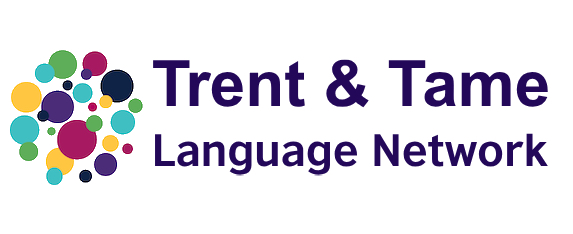Establishing a Languages Ambassador Programme at your School
What are Languages Ambassadors?
Languages Ambassadors are a fantastic way to inject enthusiasm into your department and to raise the profile of languages across the school. Your team of Language Ambassadors might be KS3, KS4 or KS5 students or a mixture of all of them! They should be students who are keen to share their passion and interest in languages with their peers and to raise the profile of languages in school.
How can Languages Ambassadors support my department?
You can get your Language Ambassadors to do anything you want them to! The following list might you give some ideas:
- Act as an advocate for language learning by sharing the benefits of language learning including how this can enrich your life in assemblies, open evenings, on display boards and in general conversations.
- Write content for school newsletters and social media posts.
- Support at option evenings, open evenings and sixth form recruitment evenings. Students are more likely to take notice of something their peer says, rather than something their teacher says!
- Support with transition. The Language Ambassadors could visit local primary schools and support on their French / Spanish / German days or lead primary pupil voice about KS2 language learning and transition.
- Be an extra pair of hands in extra-curricular clubs including make marketing materials.
- Choose and promote the TL word of the week. They choose the TL word and promote it across the school on school screens, in short videos, in the newsletter.
- Contribute to a KS3 homework club, giving them an opportunity to retrieve prior learning.
- Play an important role on European Day of Languages.
- Sixth form ambassadors could act as KS3 classroom assistants in one of their free periods. This not only supports Ks3 students but also provides an excellent opportunity for sixth formers to re-visit core concepts and teach them to young students.
- Sixth form linguists could also support with additional speaking practice for year 11 prior to GCSE speaking exams.
What are the benefits for the Language Ambassadors?
A Language Ambassador programme not only benefits your department but also supports young people in school to develop key skills. Through this position students in your school will:
- Develop leadership and organisational skills
- Have the opportunity to work with their peers developing communication skills
- Revisit their linguistic knowledge and share this with others
- Take part in visits to primary schools
- Participate in new experiences
- Play a pivotal part in raising the profile of languages in their school and shape what provision looks like for their peers.
It also looks good on personal statements for sixth form and university!
Language Ambassadors could be given badges to wear on their blazers, school colours or achievement points to recognise their contribution to the department and the school.
How do I establish a Languages Ambassador programme in my school?
The Languages Ambassador programme is straightforward to establish and should not take up too much of your time.
- Liaise with your department. Is there someone who wants to take responsibility for this initiative?
- Write a job description – be clear about what you want them to do and how it will benefit them.
- Advertise the role. Ask for applications by x date.
- Announce the outcomes – celebrate your language ambassadors in assembly, school newsletters and social media posts.
- Get them involved!
A case study: Language Ambassadors at Sutton Coldfield Grammar School for Girls.
The Languages Ambassadors at Sutton Girls are sixth form linguists who are keen to share their passion and interest in languages with younger pupils, and to raise the profile of languages in school.
Each year in September, I host a ‘recruitment meeting’ to which all sixth form linguists are invited. In this meeting, I explain the responsibilities that that LAs will have and the advantages that it brings them in terms of their own development. It is worth emphasising that students who are LAs are able to hone both their leadership and organisational skills and, as an additional bonus, it makes a fantastic addition to a UCAS statement. Importantly, I emphasise with students that this is an opportunity to share their passion and enthusiasm for languages with others, and to inspire them to develop a love of learning languages. Following the meeting, I ask for students to email/Teams message me, expressing the reasons for their interest in the position. I usually allow all who apply to become a LA, the more the merrier!
The Language Ambassadors have a number of responsibilities. Firstly, they are our ‘super curricular champions’, helping to organise and administrate a number of super curricular activities and events across the school year. For instance, last year, they organised an MFL bake off for KS3 and KS4, and took charge of the marketing, judging and the creation and awarding of the certificates.
One of the most impactful interventions from our LAs was the role they played in supporting our Y11 students prior to their oral exams. The LAs were timetabled in their free periods across different Y11 lessons and staff sent students out to conduct 1-1 speaking practice with the ambassadors in the corridor outside. Y11 students found this really valuable, and welcomed the support and encouragement of their older peers, who had themselves recently experienced GCSE oral exams and therefore were really empathetic.
All of our students get so much out of this programme, both the ambassadors themselves and those that they help.
I would strongly encourage you to give this a try, and do let us know how you get on.






